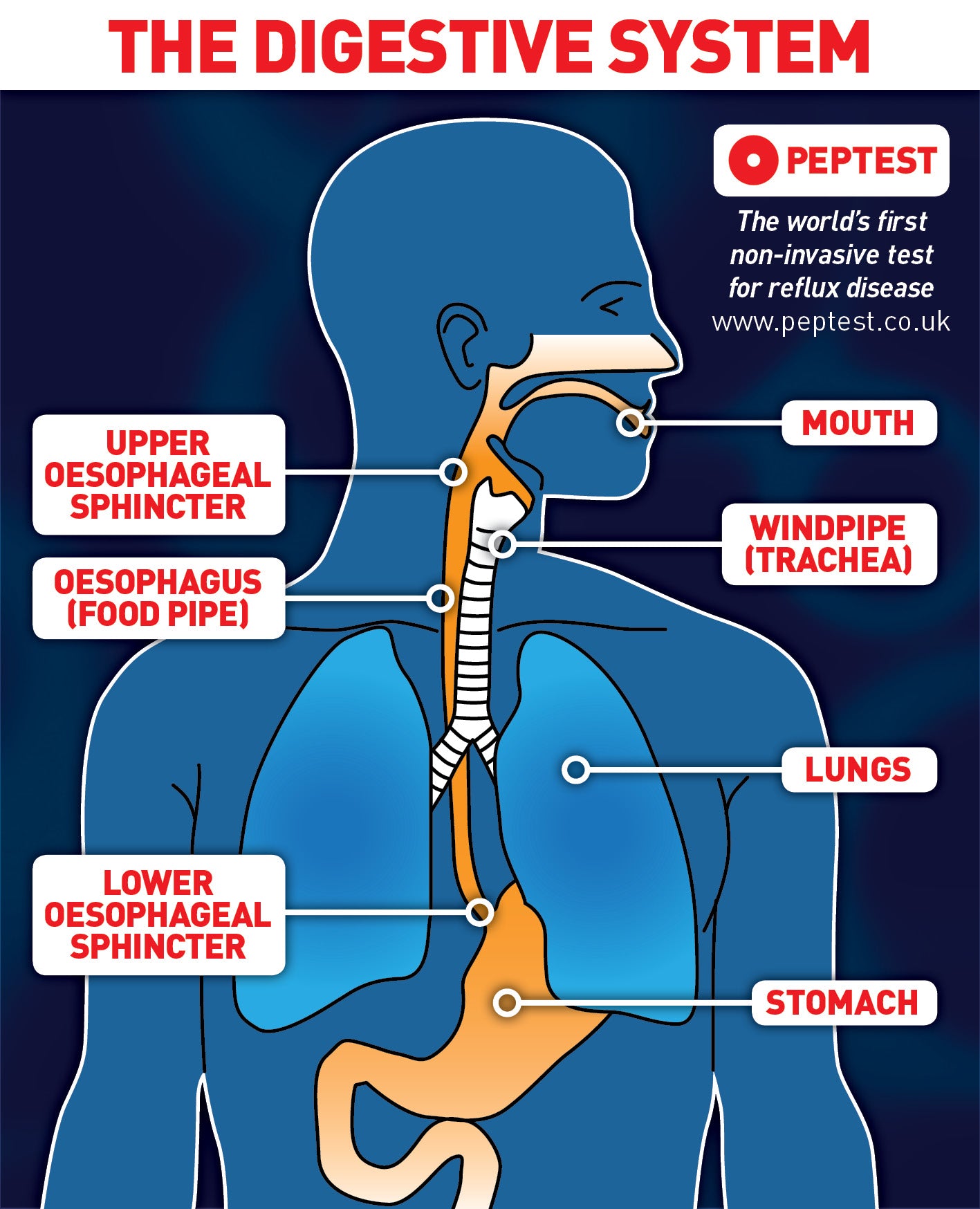What is Reflux
What is reflux?
Reflux disease is a common condition, where the stomach contents pass back up into the oesophagus.
The contents of the stomach (e.g., acid, pepsin, and bile) escape through a valve at the top of the stomach into the oesophagus (the tube that carries food to the stomach) and even into the airways. This causes discomfort and the symptoms associated with gastroesopageal reflux such as heart burn, oral damage, burning throat, chronic cough and more.
Normally, the stomach valve - a ring of muscle called the lower oesophageal sphincter (LOS) - opens to allow food to pass into the stomach and closes to prevent contents from flowing back into the oesophagus. Gastroesohpageal reflux disease often results from a weak or damaged LOS, which causes stomach contents to reflux inappropriately. This is known as gastroesophageal reflux disease (GORD).
During reflux, the contents of the stomach may reflux all the way up to the oesophagus, beyond the upper oesophageal sphincter (a ring of muscle at the top of the oesophagus), and into the back of the throat and possibly the back of the nasal airway. This is known as laryngopharyngeal reflux (LPR).
The symptoms of acid reflux tends to be progressive in that the more a person refluxes, the more damage will be caused to the oesophagus and airways, which in turn will cause further reflux. Some
people may also be genetically predisposed to reflux.
Lifestyle and diet[1] can also affect reflux symptom, as can well as hiatal hernia (when the upper part of the stomach is above the diaphragm), pregnancy, slow digestion, and obesity.
Reflux Statistics
-
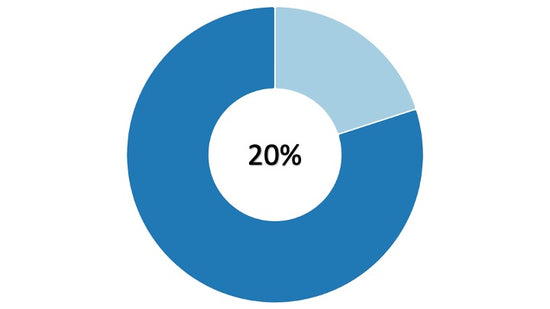
Percentage of people with reflux disease
-
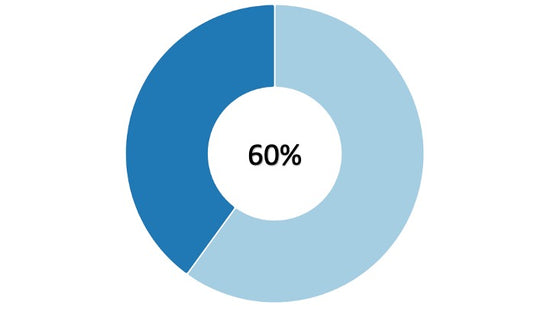
Number of people experiencing reflux symptoms over 12 months
-
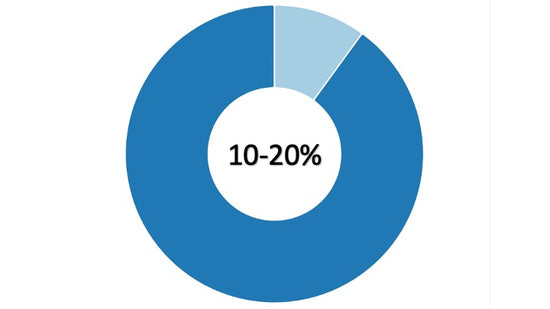
Percentage of population unaware they have reflux disease
-
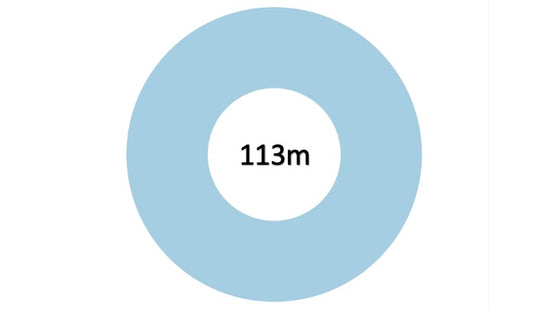
Number of prescriptions written for reflux drugs worldwide
Common reflux symptoms
-

Laryngopharyngeal reflux (LPR) symptoms include:
- Difficulty Swallowing
- Sore throat
- Chronic cough
- A feeling of a lump in the throat
- Post nasal drip
- Persistent throat clearing
- Voice change
- Hoarseness
- Asthma
- Trouble swallowing
- Loss of dental enamel
-
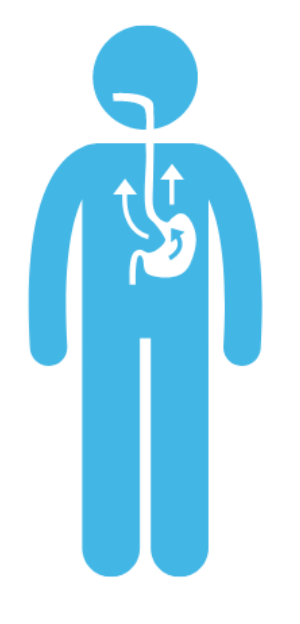
Gastro-oesophageal Reflux disease (GORD) symptoms include:
- Heartburn
- Difficulty with swallowing
- Nausea
- Inflammation of the esophagus
- Regurgitation
- Occasional vomiting
Get your reflux diagnosed
Order Peptest
Why diagnosis of reflux is important
Continuous, untreated gastroesophageal reflux disease or laryngopharyngeal reflux disease can have a negative impact on quality of life and can progress to major complications such as oesophageal damage, oesophageal cancer, and
laryngopharyngeal cancer.
Receiving reflux treatment without first confirming that the symptoms are caused by reflux is risky. Taking medication when it is not required can lead to long-term health issues and may disguise a major disease.
Many people take anti-reflux medications for months or years without realising the risks involved.
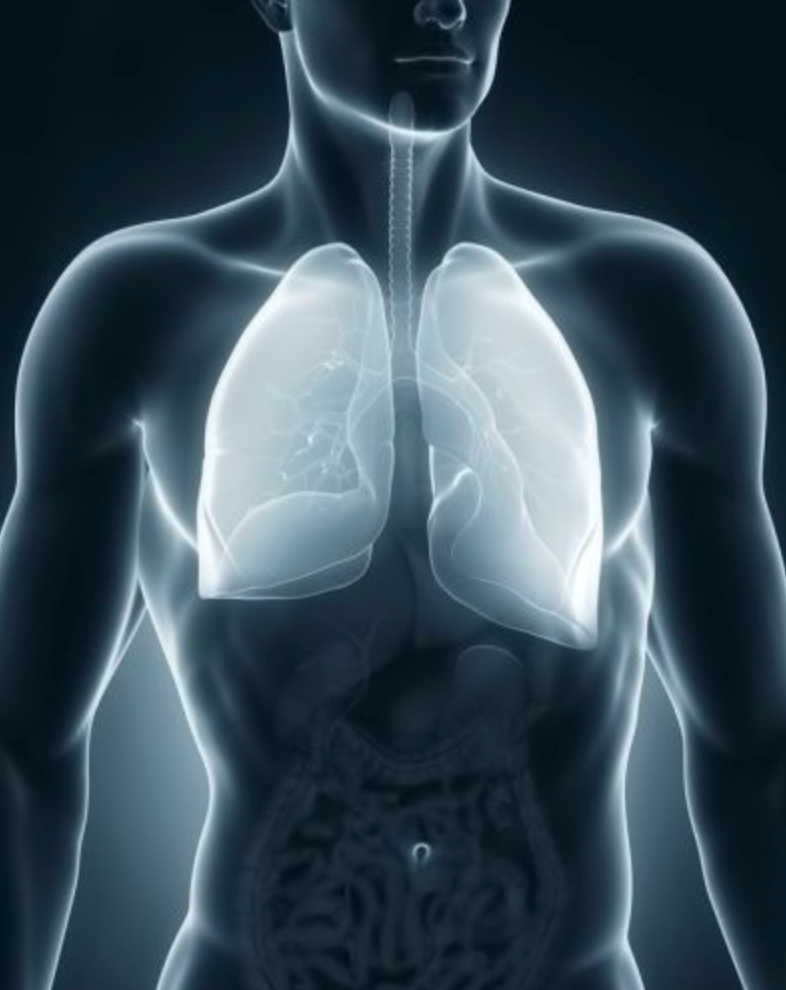
How is reflux diagnosed?
When you visit your GP or primary care provider with symptoms of reflux disease, such as heartburn, regurgitation and difficulty swallowing, you may be recommended to try:
- Reflux medication
- Lifestyle advice
- Dietary changes
But if symptoms are persistent, you may be advised to go for tests that aim to confirm or disprove the diagnosis of acid reflux disease. Currently these include:
- 24/48 hour pH monitoring
- Impedance Testing
- Barium Swallow
- Endoscopy
All of these methods of reflux testing are expensive, invasive, time consuming and unpleasant for the patient.
Peptest offers an easy path to reflux diagnosis and treatment. It is an accurate, painless, and inexpensive test that tells you conclusively if you have reflux by measuring the presence and concentration of a stomach enzyme called pepsin
in a sample of your saliva.
How to treat gastro-oesophageal or laryngopharyngeal reflux
If you have had a positive diagnosis of gastro-oesophageal reflux disease or laryngopharyngeal reflux (LPR), there are a number of treatments available to you.
These can include medication, diet, and lifestyle modifications, and surgery. Reflux surgery is usually only recommended in cases of reflux disease that fail to respond to other treatments.
-

Diet & Lifestyle
Learn More -
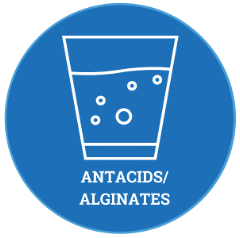
Alginates/ Antacids
Learn More -
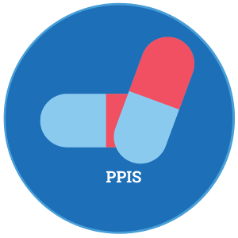
Proton Pump Inhibitors
Learn More -
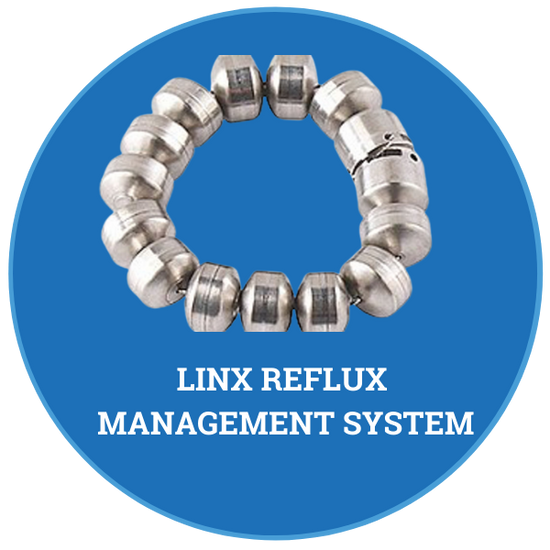
LINX Reflux Management System
Learn More -
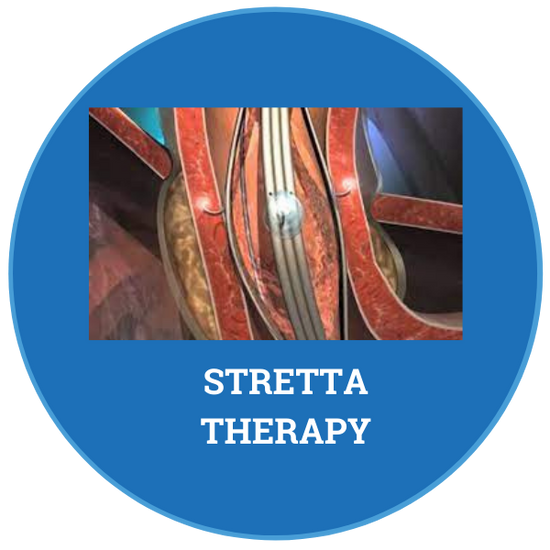
Stretta Reflux Therapy Treatment
Learn More -

Laparoscopic Nissen fundoplication
Learn More -
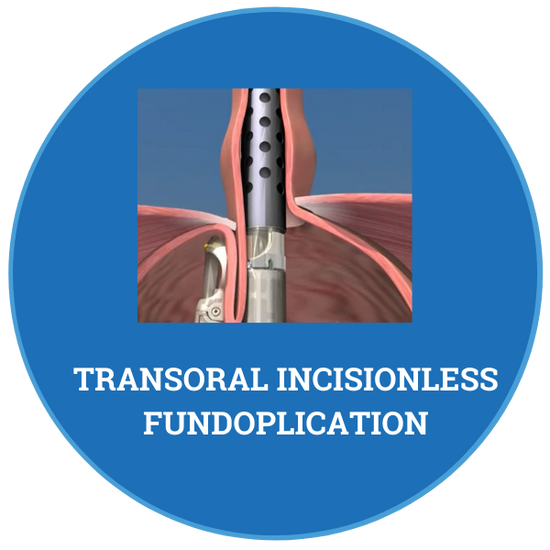
Transoral Incisionless Fundoplication
Learn More -
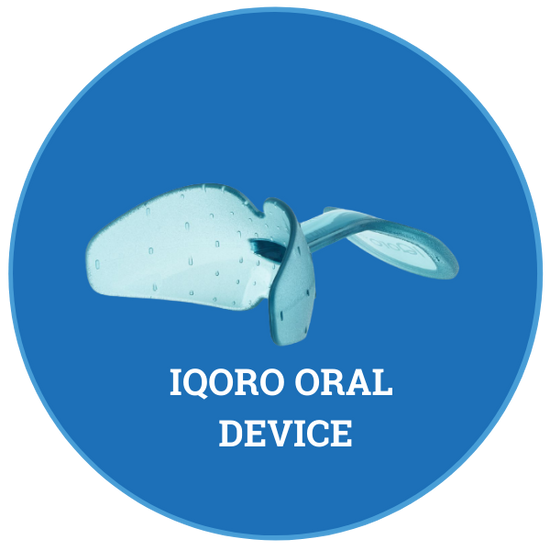
Iqoro Oral Device
Learn More -
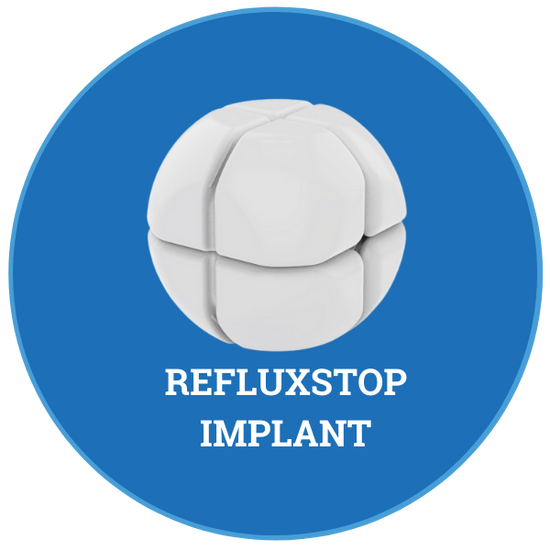
RefluxStop Implant Device
Learn More -
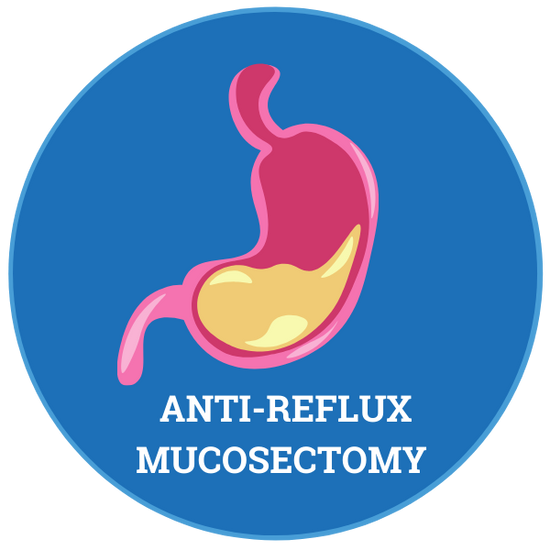
Anti-reflux mucosectomy
Learn more -

Natural Remedies
Learn More -

Myofascial massage
Learn more

